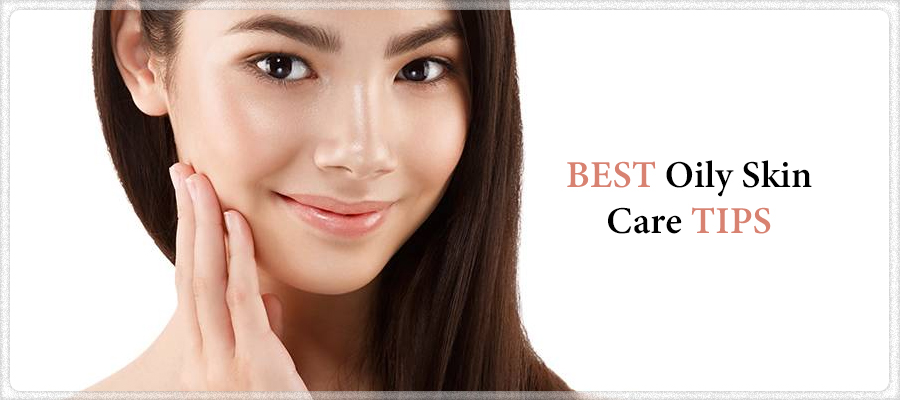
Dealing with oily skin can be hard and taxing. It becomes even more difficult during summer and humid monsoons when heat and humidity overload the sebum rich skin with excess sweat and moisture.
Oily skin is very prone to acne, breakouts, zits, and rashes. The presence of acne is not just inconvenient or unpleasant but also harms the self-confidence of people. There are many cases where people, especially teenagers feel self-esteem issues because of acne.
There are many reasons for oily skin, the most common and persistent one of them is genetic factors. In many cases, a person has normal skin through the teenage years but still develop overtly excess oil glands and adult acne.
Other temporary or conditional factors that cause oily skin are:
Humid conditions
Stress
Menstrual cycle irregularities
Oily and sugary food
Inferior makeup and skincare products
Not cleaning your face properly
Pollution
Dehydration
Even when we do not have a chronic condition of oily skin, we all undergo periods in which our skin gets activated sebum glands. The first step in taking care of oily skin is to diagnose what is the real problem that is causing it. If the reason turns out to be genetic factors then special treatments like regular laser therapy and medication are required.
However, in most cases, oily skin can be controlled by following a few skincare tips and healthy routine. Here are a few tips that will help you take care of oily skin.
Cleansing:
The very first and basic step in taking care of oily skin is cleansing. It gets rid of excess oil, grime, and sweat from one’s skin so that it can breathe again. Cleansing does not allow the dirt to get accumulated in one’s skin and prevents clogged pores that ultimately lead to zits and pimples.
One should clean their face at least twice a day, one before leaving for their work and secondly after returning from the work. Even when you are home, you should cleanse your face. Especially after activities like a workout, heavy house chores that induce sweating, etc.
Best Skin Care Tips
Cleansing:
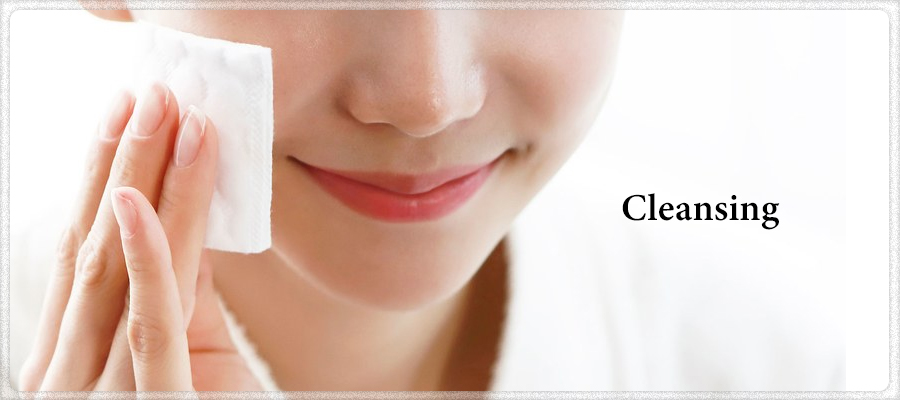
While selecting a face cleanser, be sure that your product is free of cream and oil because then it will have the opposite effect. One should use gel-based cleansers that have tea tree oil, salicylic acid, sea salt, and neem. These ingredients clean pores and kill bacteria. Medicinal face wash products are also well suited for oily skin. While there are many drugstore cleansers that one can use, one should consult their doctor or dermatologist if they have sensitive skin.
One must not forget cleansing after they get rid of heavy makeup or return from workout. Cleansing should be in the regular skincare routine of everyone. It is not a luxury step but a necessary step for controlling oily skin.
Scrubbing:
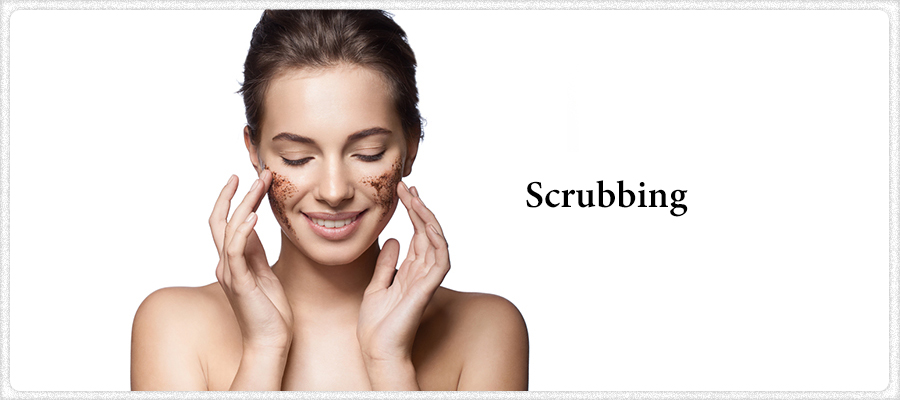
It is especially necessary for oily skin. It gets rids of dead skin cells and unclogs the pores by replacing dead cells. Excess oil makes dead skin cells stick on our faces unless they are exfoliated. One should beware of using too harsh scrubs and use products that have a balance of exfoliation beads and cream. Scrubbing should be done twice a month.
Face mask:
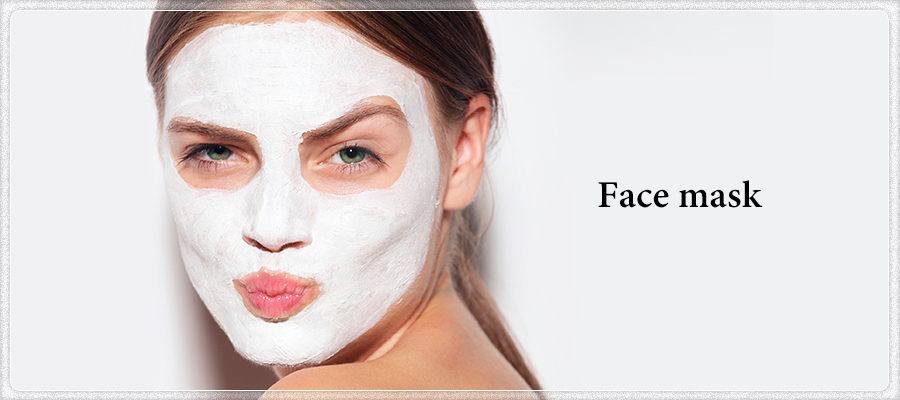
This is a luxury that people with oily skin should indulge in. After regular cleansing and occasional exfoliating, one should put on facemask twice a month. One should pick masks that have multani mitti, neem, tea tree oil, and purifying clay as these ingredients absorb oil and get rid of bacteria and viruses. Sandalwood based face masks also work well on oily skin.
Use Toner daily:
Toners tighten skin and control its oil production. People with oily skin should use astringents and toners that do not have alcohol. Natural toners like witch hazel and even rose water are very effective and have no harmful effects on the skin. Toners create a thin layer that prevents dirt from entering the skin. Medicinal toners can also be used on the recommendation of a doctor.
Do not Skip Moisturizer:
There is a misconception that people with oily skin should steer clear of moisturizers. However, not using moisturizers causes even more oil in one’s skin. This happens because the initial dryness prompts our sebum glands to produce oil to moisturize the skin. Now as hyperactive as these glands are, they end up producing excess oil. So, one should moisturize their face so that the oil glands are not prompted.
There are many specialized moisturizers made for oily skin available in the market. One should choose gel-based moisturizers that are oil-free. One can use very light Shea butter creams and stay away from heavy moisturizers like argan oil and castor oil. Moisturing is important for people with all skin types.
Healthy diet and hydration:

Like every bodily condition, a lot depends on the kind of food you eat. People with oily skin should stay away from fat-rich food. They should avoid junk food that has high levels of salt and saturated fats. Fresh vegetables and fruit make one’s skin and body healthier. One should consume one liter of water every day. Water flushes out toxins and keeps the skin hydrated. One should have plenty of citrus fruits like lemons and oranges.
Other small tips
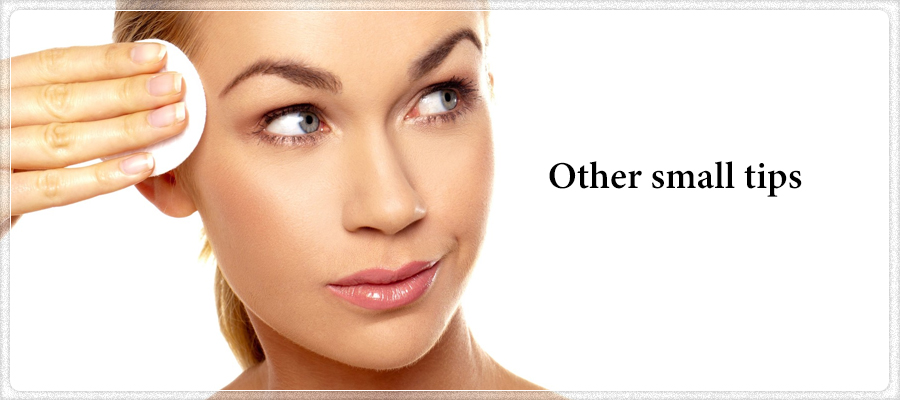
- Soak up excess oil from your face with blotting paper.
- Do not touch your face constantly. The dirt and bacteria from our fingers stick to our face and infect your skin.
- One thing that many people forget while talking about skincare is using a clean cloth to pat dry one’s face. A dirty cloth will cause breakouts even if your other skincare steps were proper.
- One should also use a clean pillow while sleeping. Germs and bacteria from the pillow transfer to our face and cause problems.
- If you have severely oily skin and sensitivity then you should consult a certified dermatologist instead of trying out skincare tips. While these tips may work on many people, they may not necessarily be good for you.
- Do not share your towel with anyone.
- Work out regularly. When you flush out sweat from your body, your sebaceous glands get rid of excess oil that was accumulated. Workout also improves circulation.


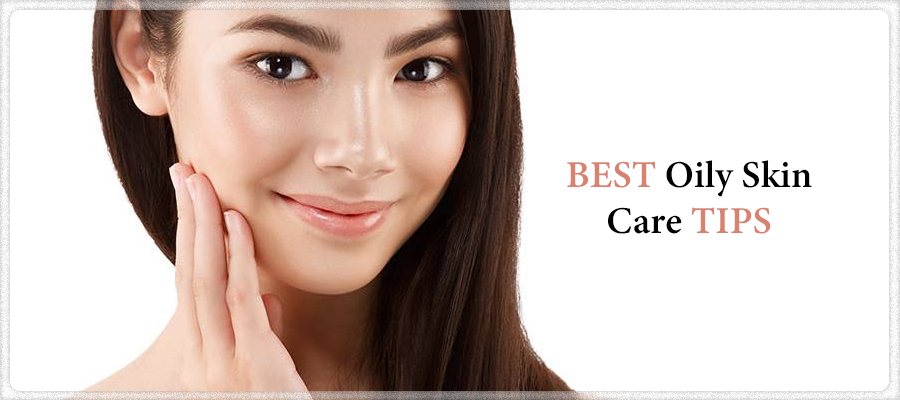
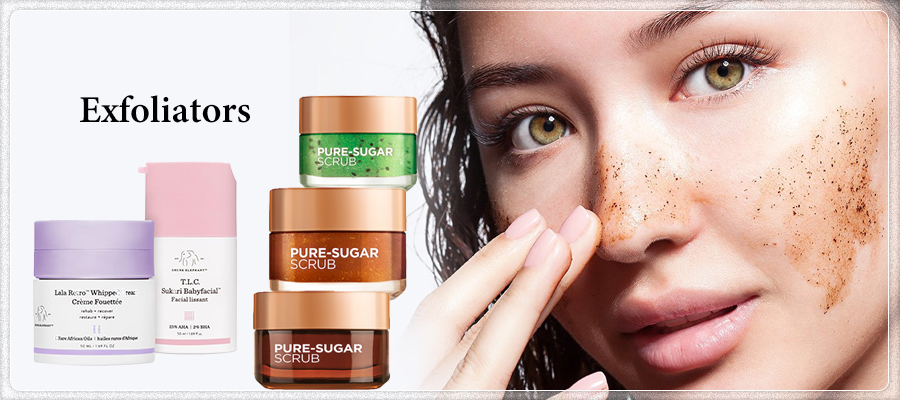
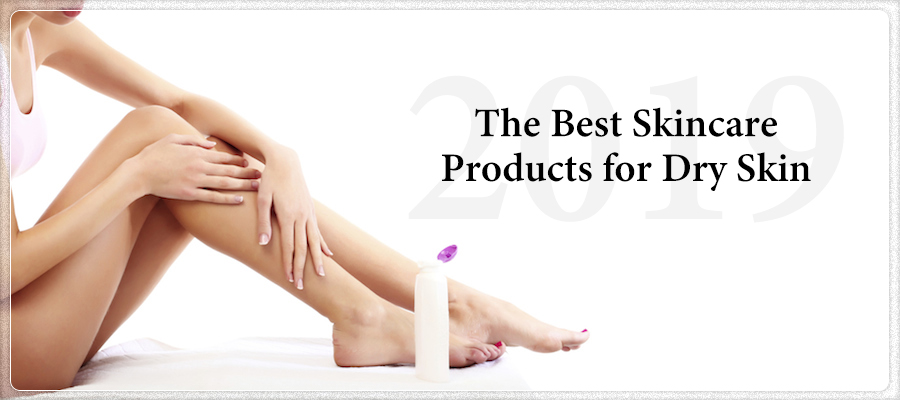
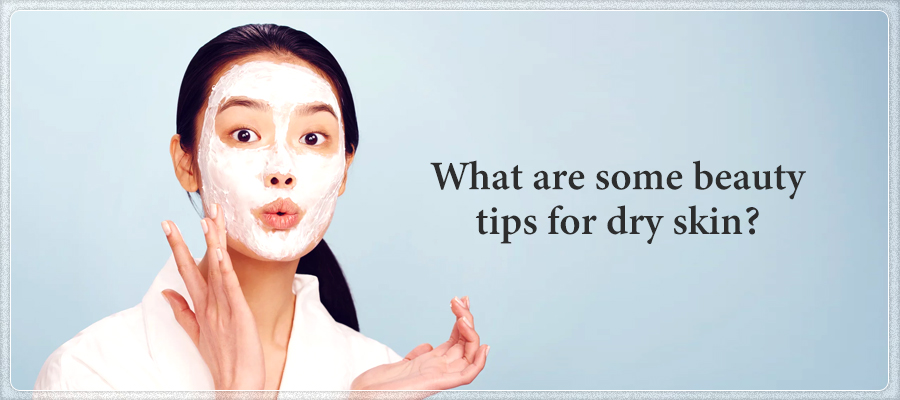








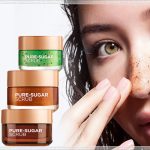




Leave a comment